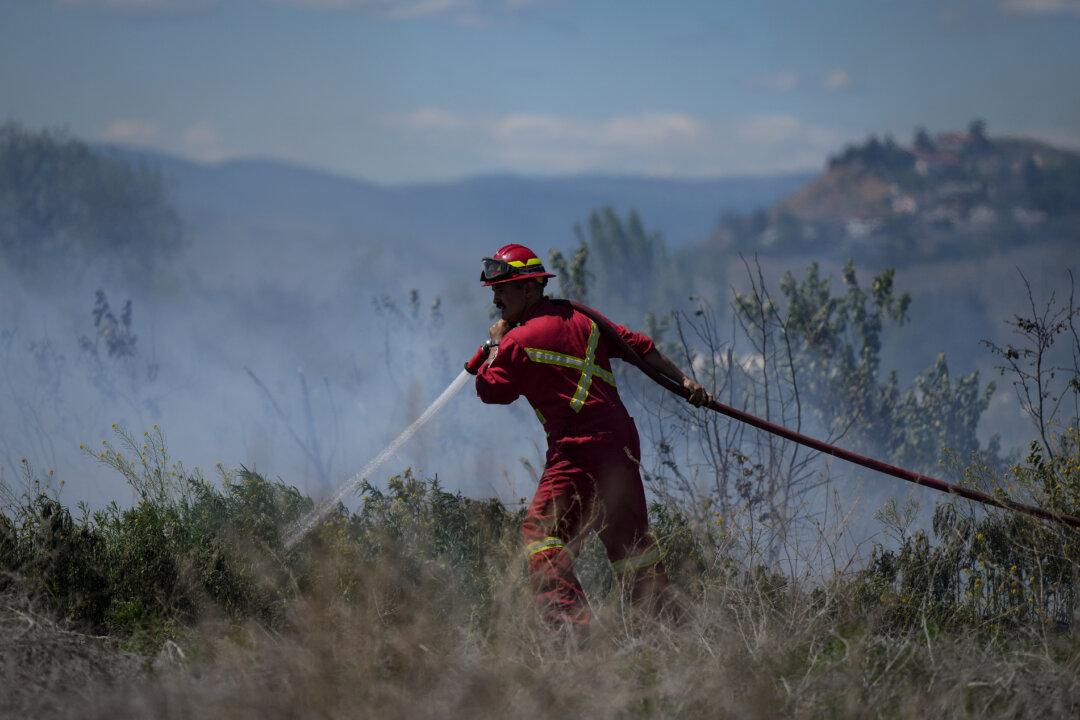Steve Pynes is a rarity—he’s the only historian he knows of that is dedicated specifically to the study of fires. And that gives him a unique perspective on Canada’s current wildfires.
“Canada has had fires at both ends burning at the same time—the 1908 fires were just a kind of rolling thunder from Vancouver all the way to Maine. So what we’re seeing is not unprecedented,” Pyne told The Epoch Times.





